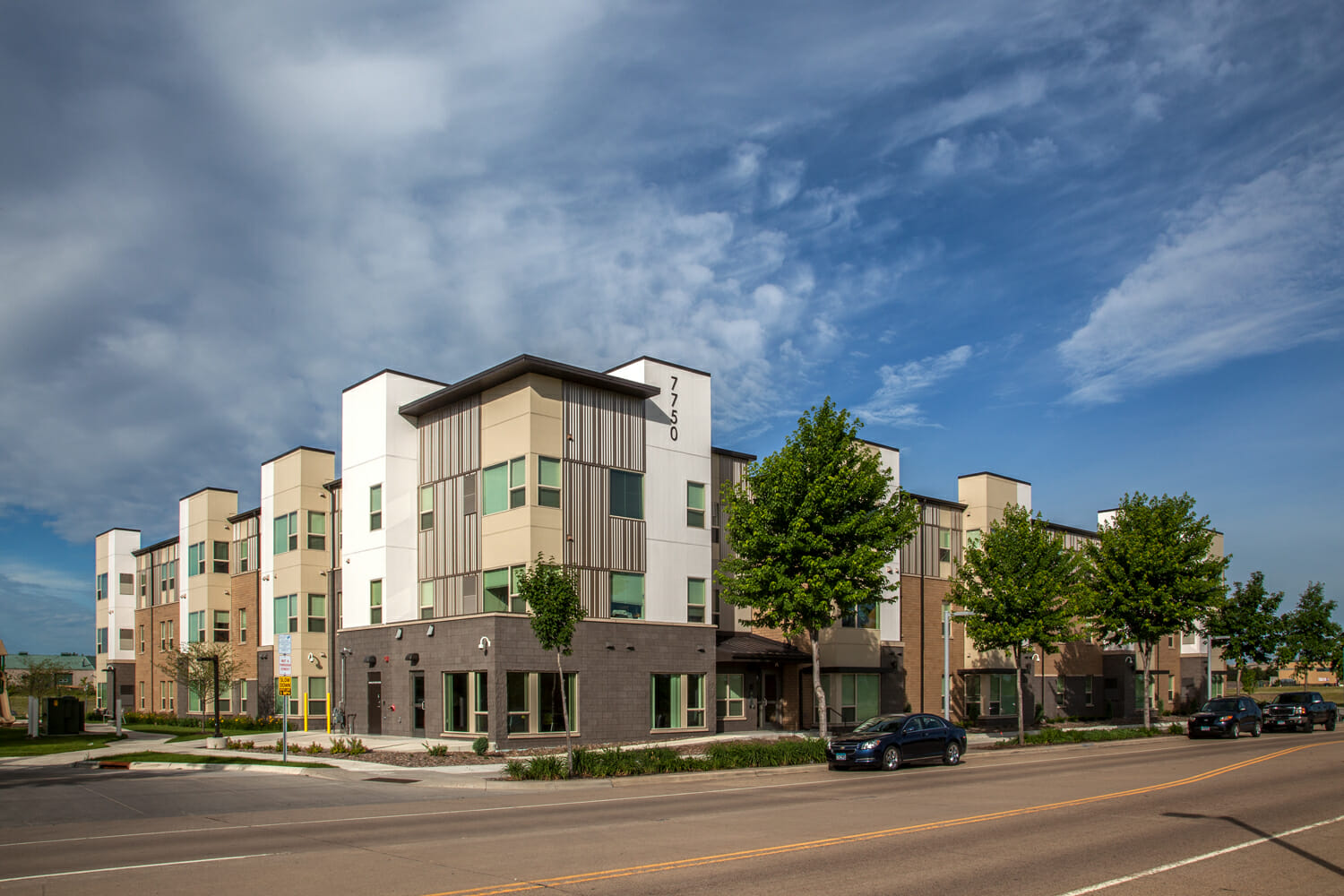
Unluckily, society has many misconceptions about affordable housing. Stereotypes and false beliefs concerning the construction of affordable housing are centered on concern for improvement in the community, real estate prices, and adverse perceptions.
Even while certain individuals might solely regard affordable housing as a problem for society, it has clear advantages for the economy. According to research from the Joint Center for Housing Studies at Harvard University, an increase in affordable rental properties boosts regional economies in American metro regions by between $1.2 billion and $2.4 billion yearly.
Rising housing costs can cause the regional economy to sputter, creating vacant jobs and less disposable income in a neighborhood. However, additional chances become accessible to individuals overall when affordable accommodation is widely accessible. Wondering how affordable housing boosts a country’s economy? Let’s consider these 3 ways!
- A more prosperous economy results from a more active community
A significant social factor for wellness is an individual’s living situation. Accommodation, along with other elements like education and financial status, significantly impacts an individual’s psychological and physical well-being. Inadequately built or managed apartments for low-income households might be subject to hazardous lead paint, contaminated water, and a host of additional ecological issues that are much less probable to affect wealthy neighborhoods.
These environmental risks bring on chronic health problems. However, when individuals possess high-quality, reasonably priced housing alternatives, they are far less inclined to suffer environmental risks and much more inclined to have adequate funds for wholesome food options and regular medical care, thereby reducing their chance of developing serious long-term health problems.
This is how, with the help of affordable housing, a country’s economy gets stronger. If you’re moving to Japan soon, consider Village House, a one-stop location to get cheap apartments for rent.
- Creates more jobs
Constructing or renovating two million rental apartments through HUD funding is anticipated to create approximately one million additional jobs per year. Affordable housing complexes need a broad spectrum of professional personnel, including designers, engineers, building contractors, electricians, and plumbing professionals. It also employs many daily operations personnel, including residential administrators, on-site janitors, maintenance employees, qualified social services workers, and medical professionals.
- More favorable future investment possibilities
Reduced kid impoverishment is a long-term financial advantage of cheap accommodation. One of the aforementioned long-term strategies to promote a flourishing economy and healthy society is to give youngsters an improved and more egalitarian road ahead. Giving children the skills necessary for upward socialization is not merely an ethical imperative; it has also been demonstrated to boost local economies.
Everything else is built on the cornerstone of a secure, affordable house. It allows kids to develop healthy routines and concentrate on their objectives and studies. This profoundly affects educational success, financial performance, and possibilities for locals to contribute to their societies through generations.
Despite these 3 ways affordable housing boosts the country’s economy, several other moral arguments favor inexpensive housing. On a more pragmatic level, the advantages in terms of economic growth must also be considered.
Leave a Reply